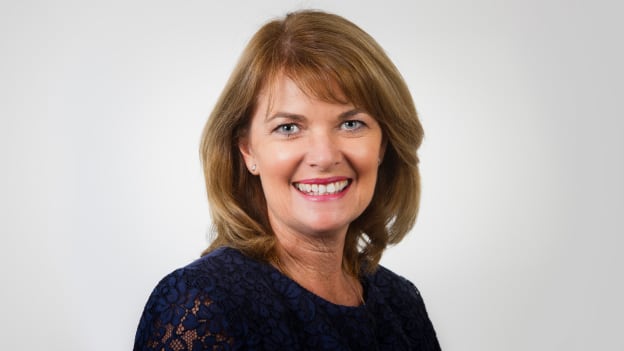2021 is about rethinking business for stability and sustainability: Windsor Group's CEO

2020 forced change onto almost every industry and company. From accelerated digitalization to acceptance of flexible work to awareness of mental health, many organizations ended the year with a considerably different world view from what they had in January.
People Matters asked Dylys Bertelsen, the founder and CEO of Brisbane-based Windsor Group, which specializes in executive and board placements for the non-profit sector, how 2020 affected businesses in her part of the industry and what the outlook might be like for this 2021. Here's what she shared.
How are things going in the sectors you work with?
Generally speaking, people are looking at stabilizing their businesses and ensuring ongoing sustainability. They've gone through massive changes last year, some more than others, with organizational restructures, redundancies, or remodeling of their roles for new types of service provision. These organizations are not necessarily relying on the JobKeeper allowance, as some have taken the stand that they don't want to have that uncertainty. So they have planned their businesses without that in mind, and are looking at long-term organizational sustainability.
We definitely see continued growth within the mental health sector. We are actually involved in the recruitment of the interim CEO, and a board, for the new consumer body for mental health that is being established through the Mental Health Commission. And we know from talking to mental health organizations that the demand for their services has increased exponentially across the board, which is disturbing but understandable. So the government is investing in programs and providing more funds to these organizations.
Some of the organizations that we're working with also seem to be wanting to implement programs and projects that were put on hold last year. I'd say the outlook is cautiously optimistic.
What's the market for talent like now? Is it easier, or harder, to find candidates these days?
It's interesting, because during COVID and late last year, especially with the executive level positions, we found that we were having less speculative resumes or applications coming in, that they were very much more considered. In some cases we actually saw a better quality of applicants, but in some other cases, the number of applications went down. We had to do a lot more active searching, as opposed to putting the ad up and waiting for the applications to come in.
As to why that's the case, I think a degree of fatigue was setting in. Executives wouldn't have had the capacity, the time, or the inclination to change employment, unless they were desperate to move.
Now with the board positions, we're again finding that we're having to do more search—actually identify these individuals and approach them. At the board level, they have been so much more engaged with the organizations, because they needed to be very much more supportive of the CEOs and the executives than they might have been in the past. And so their workload had increased, they've got less time, and they are not applying because they're already stretched. We regularly hear this from people that ordinarily might say “Yes, I'll take on another board position.” They're too busy. They've got too much on their plate already.
How about the skill sets organizations are looking for—have those changed much?
Leaders today have to be able to manage and lead remotely, or lead flexible workforces, and that's probably something new to a lot of them. It's a slightly different skill set, I think, to ensure that engagement is covered and there's a nice mix of performance, well being, and professional development. A lot of the organizations that we work with have spent a lot of time and effort over the last year to train their leadership in how to have those good quality conversations, whether remotely or not.
What other trends do you think will float to the top this year?
A vast majority of organizations, from the very small to the very large, are moving to hybrid workforces, which means a very much individualized focus on the individual employees and what works for those employees. They are making sure they have strategies to satisfy their employees and keep them engaged.
It's also clear that organizations have been taking time to re-evaluate what kind of workforce they require. They've recognized that some of their activities and the way they do their business, for instance fundraising, have changed. They've had to move into the digital space—instead of having a walk from Brisbane to raise money, for example, they've turned that into an online event. And that means that they are replacing community fundraisers whose focus is on face-to-face delivery, with someone who has digital skills, who understands the type of marketing that works in the online space, and who can engage with their target audiences in that space.
And I think that's one of the positives that's come out of this whole situation.
Organizations have had to be innovative, agile and really quick to rethink the way they do business—or they wouldn't have had a business.
With the shift towards the hybrid workforce, are you seeing any changes in the way organizations approach workplace culture?
There was a trend last year for boards to be made more accountable for the culture that they are presiding over. They've been more engaged with their CEOs and executives, and the strategies they use have involved much more increased, transparent, honest, and genuine communications across the organization. They're really trying to ascertain what are the drivers of engagement within their teams. That's been one positive thing to come out of COVID that will continue.
Within the non-profit sector, salary increases haven't really been spoken of. So, organizations have had to find different ways of engaging individuals. It has to go back to that very much more individualized approach to what works best for the business or what works best for the individual, and taking into account the mental well being of these individuals.
We can hope that the lessons of COVID—being more empathetic and caring, and being very much more considerate of our colleagues—stay around.














